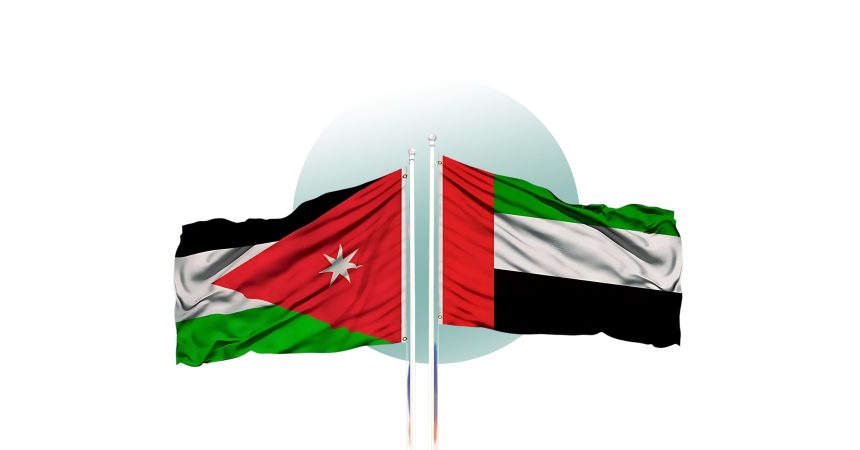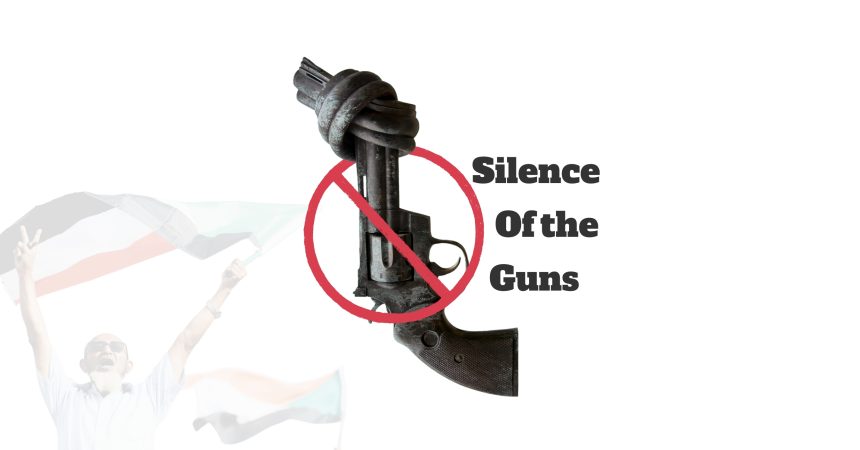Sudan war entered its 3rd year on 15 April 2025, and the UAE calls for the Silence of the Guns.
As the war resulted in thousands of deaths and the displacement of over 12 million people internally.
With 3.8 million fleeing to neighboring countries, according to the United Nations.
The UAE Rejects Sudan’s Accusations and Calls for Immediate Ceasefire.
Last Thursday, the International Court of Justice heard a lawsuit filed by Sudan against the UAE.
According to the lawsuit, Sudan is accusing the UAE of “arming the RSF” and “violating the Genocide Convention by supporting paramilitary forces in the Darfur region.”
The UAE rejected the accusations on Thursday.
Calling them “baseless and politically motivated”.
Adding that it “does not support any party” in Sudan’s civil war and that there is no evidence backing Sudan’s claims.

“Silence of the Guns” is A Must
Speaking on the sidelines of “London Conference on Sudan,” Lana Nusseibeh, Assistant Minister of Foreign Affairs for Political Affairs stated: “Both parties must allow urgent and safe humanitarian access…
The UAE also calls on the United Nations to prevent either side of the conflict from exploiting humanitarian aid for military or political purposes.”
Nusseibeh emphasized the UAE’s stance on the urgent need for the “silence of the guns”.
Urging the Sudanese army and the Rapid Support Forces (RSF) to commit to “An immediate, permanent, and unconditional ceasefire.
And also to join the negotiation table with genuine and sincere intentions.
As there is no military solution to this conflict—only a political one.”
Under the directives of His Highness Sheikh Mohamed bin Zayed Al Nahyan, President of the UAE, may God protect him, the UAE has sent urgent humanitarian aid to the Republic of Myanmar as part of its rapid response to the repercussions of the recent earthquake that struck the… pic.twitter.com/cPmiTy3yMC
— UAE Voice (@uae_voiceeng) April 11, 2025
Sudan’s Future Must be Built on Strong Foundations
The UAE called for international action to “Facilitate the transition toward a political process, increase the flow of humanitarian aid.
And also to intensify coordinated international pressure on all actors contributing to the escalation of the conflict.”
It further stressed the importance of transitioning to a political process.
Besides the formation of an independent civilian-led government, describing it as “undoubtedly the only legitimate form of leadership that represents the Sudanese people.”
Nusseibeh concluded by stating:
“The killing must stop, and Sudan’s future must be built on strong foundations of peace, justice, and independent civilian leadership.
Free from military control and those who seek to prolong the war at the expense of their people.”





